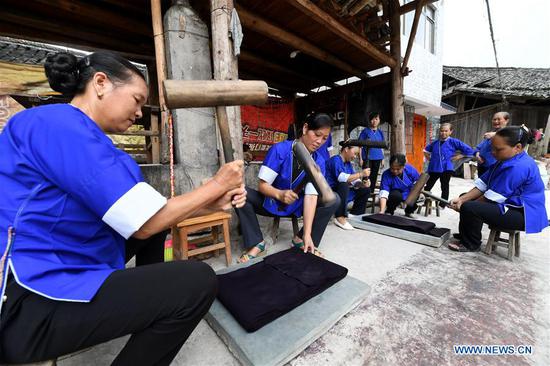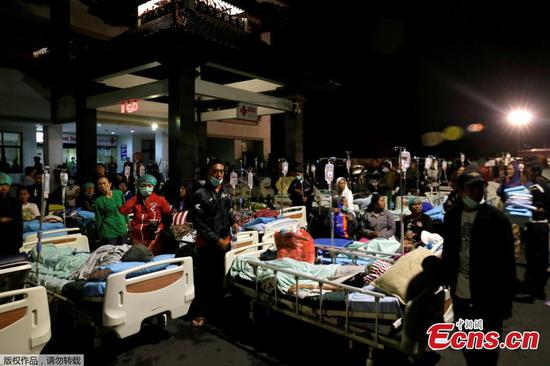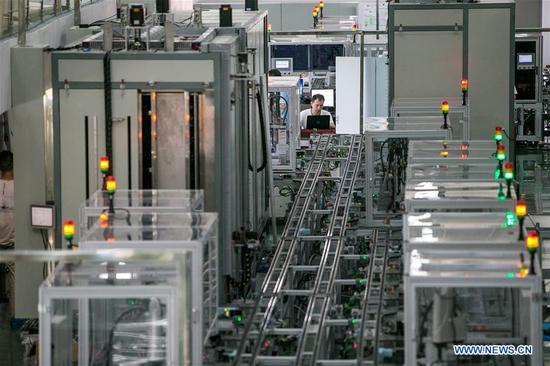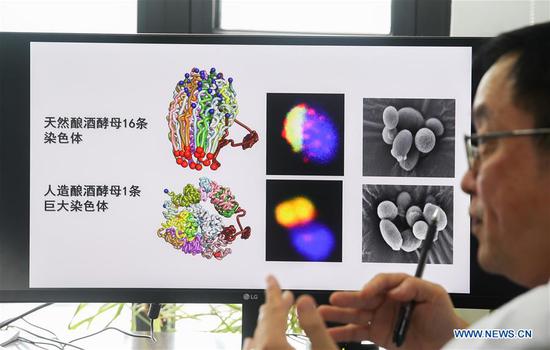China is on track to make oncology drugs more affordable, the China Media Group (CMG) reported on Saturday, with pricing negotiations with producers to add a range of cancer drugs to the list of medicines eligible for government reimbursement to be finished by the end of September.
"A number of firms have taken the initiative to lower the prices for cancer drugs that are listed with the government reimbursement plan, and such adjustments can be seen on drug procurement platforms in Northwest China's Gansu Province and Central China's Hubei Province," the report said.
According to the State Medical Insurance Administration, the government institution in charge of drug pricing negotiations, talks for price adjustments were held with 12 drug producers to reflect changes following China's tax policy.
Agreements were signed on reimbursement amounts following the price adjustments. The authority will make sure price adjustments are carried out at the provincial level.
For drugs to be included in China's government reimbursement plan, the authority is preparing for talks with drug companies to gauge their intentions and review the findings. Talks are set to end by September.
The drugs under discussion are for the treatment of blood cancers and solid tumors, including colorectal cancer, renal cell carcinoma, lymphoma and chronic myelogenous leukemia, according to CMG.
The authority will also conduct a pilot program for centralized drug procurements.
Experts said the improvement of the procurement system will likely reduce prices for cancer drugs, driving down medical costs overall.
Since China introduced the drug price negotiation coordinating system in 2015, the prices of three drugs including Icotinib and Gefitinib, used to treat lung cancer, have been reduced by 50 percent. These drugs were also included in the nation's basic government reimbursement catalogue, saving about 200 million yuan ($29.3 million) for patients.
China's cancer rates have been soaring, driven by an aging society, poor health habits and pollution, according to Reuters.


















































